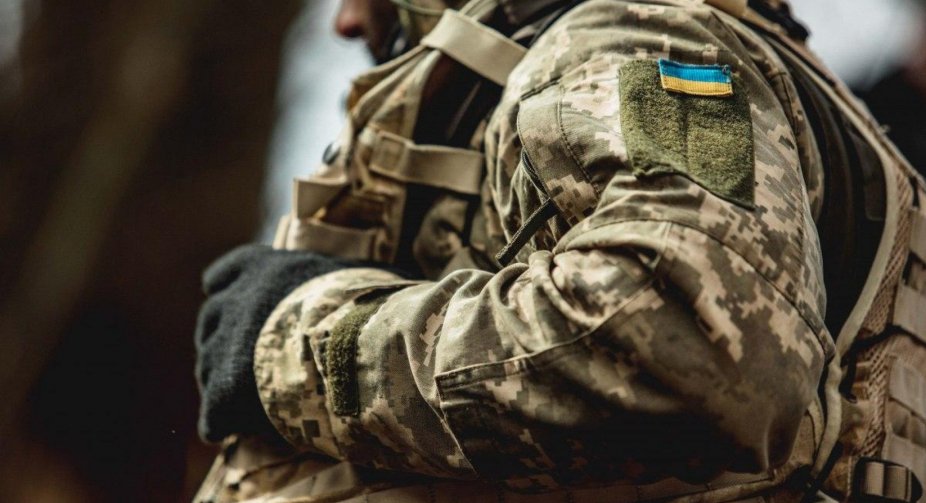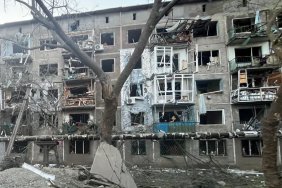It is impossible to refuse to serve in the army because of religious beliefs during the war. This was stated by the director of the Ukrainian Helsinki Human Rights Union Oleksandr Pavlichenko.
According to the human rights activist, it is true that Ukrainians can refuse to serve in the army due to religious beliefs. But this norm is valid only in peacetime.
“This exists only in peacetime. In wartime, there is no alternative service. For example, Jehovah's Witnesses cannot take up arms because of their beliefs, but the law does not provide for alternative service,” he said.
Pavlichenko added that even if a conscript goes to court, he will not get permission for alternative service during the period of martial law.
“Nothing can be done. It is possible to start some strategic cases, but in the absence of a surplus of mobilization reserve, I think it will last quite a long time. Maybe in 5-10 years some decision will be made, but it will not significantly affect the situation that exists now,” he emphasized.






